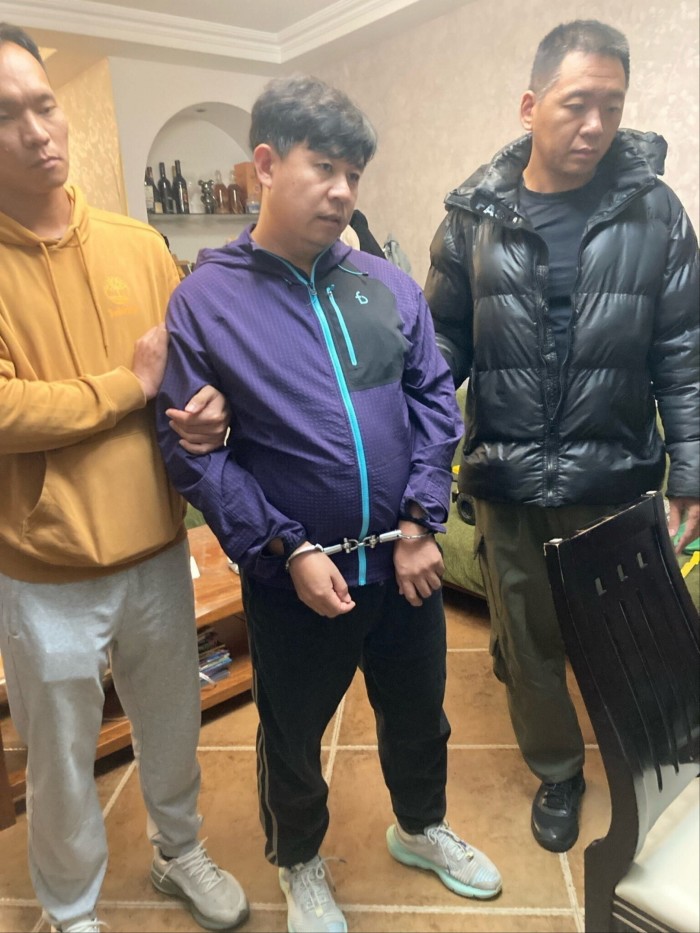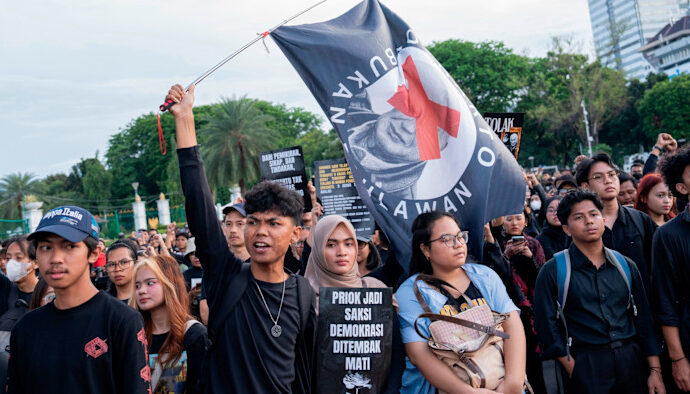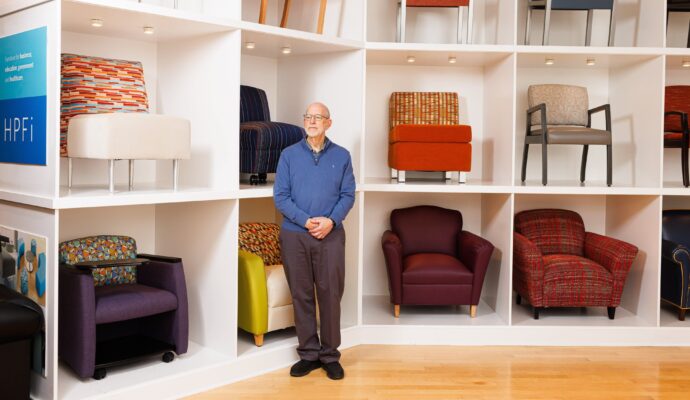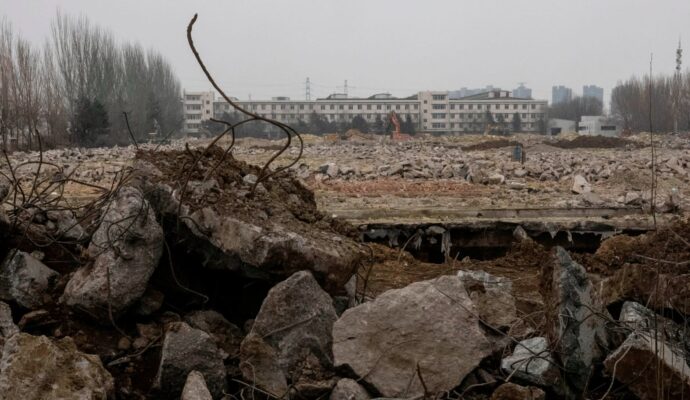Stay informed with free updates
Simply sign up to the Chinese politics & policy myFT Digest — delivered directly to your inbox.
A Chinese crackdown on a prominent Christian church has created a new flashpoint in relations between Washington and Beijing and underscored the country’s intolerance of religious freedom.
China last week detained more than 20 members of the Zion Church, one of the country’s largest unregistered Christian networks, including its founder and chief pastor Ezra Jin, also known as Jin Mingri, according to a Zion pastor and Jin’s daughter Grace Jin Drexel. A small number have since been released.
The detentions triggered a rapid response from the US secretary of state Marco Rubio, who called for their release and said the crackdown “further demonstrates how the CCP [ Chinese Communist party] exercises hostility towards Christians who reject Party interference in their faith”.
Beijing’s latest action represents an escalation of a years-long push to root out large religious networks, many of which went online during the pandemic, and to limit unregistered worship to smaller private ceremonies.
Last month, Chinese President Xi Jinping said religions should “further adapt to the Chinese context” while also calling for “improved policies and frameworks” and “stricter law enforcement”. Authorities also released guidelines that warned against online preaching for all but officially sanctioned churches and temples.

“It’s the end of an era of . . . huge growth in Protestantism,” said Ian Johnson, author of The Souls of China: The Return of Religion After Mao.
While religion was severely restricted in China under Mao Zedong, practice has grown since his death in 1976. The state has sought to tightly control worship and only recognises Buddhism, Taoism, Catholicism, Protestantism and Islam. Religious groups must belong to state-approved associations.
The number of Christians in the country is hard to fully estimate, partly because many believers are members of unregistered house churches that are not endorsed by the state. Others often hold a plurality of beliefs, practising elements of Christian faith alongside a mix of other religions.
About 1 per cent of Chinese adults identified with “Christianity” in 2021, according to a survey by the Pew Research Center.
By the late 2010s, unregistered Christian worship had increased, with groups such as Zion and the Early Rain Covenant Church hosting regular services in Beijing and the southwestern city of Chengdu, respectively.
In 2018, China detained 100 members of the Early Rain church, including its leader Wang Yi, an open critic of Xi Jinping. Authorities also shuttered the Zion Church’s Beijing site after it refused to install surveillance cameras.
It was in the run-up to that crackdown that Ezra Jin returned from the US to China where he was briefly detained and banned from leaving the country, according to his daughter.
While the crackdown forced Zion further underground, it also pushed it towards a more decentralised, online model, Jin Drexel said. That model gathered momentum during the Covid-19 pandemic, eventually extending the church’s reach to more than 40 cities and more than 10,000 followers.
The church now distributes religious teachings online in videos that regularly garner thousands of views. “I think the current administration is saying . . . we won’t prevent people from worshipping in their home with some friends, but we’re not going to allow civil society type structures to take root in China,” said Johnson.
Francesco Sisci, a Rome-based expert on Christianity in China, argued that the timing of the detentions was a message to the US. Grace Jin Drexel is a US Senate worker, while her husband, Bill Drexel works for the Washington-based Hudson Institute.
“China is putting a lot of pressure on the United States,” Sisci said, pointing to the fact that the timing coincided with Beijing’s announcement of “all-out” measures to control the supply of rare earth metals. “To me this thing against the Church of Zion is part of the same thing . . . There are a lots and lots of Protestant churches . . . in China. They just picked this one.”
Bill Drexel said Beijing may see the detained church members as “leverage” with the US.
China’s Ministry of Public Security did not immediately respond to a request for comment. The foreign ministry said that China “safeguards citizens’ freedom of religious belief” and “firmly opposes the US interfering in China’s internal affairs with so-called religious issues”.


